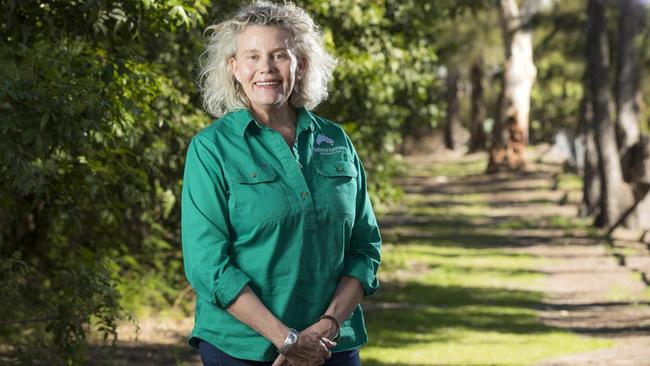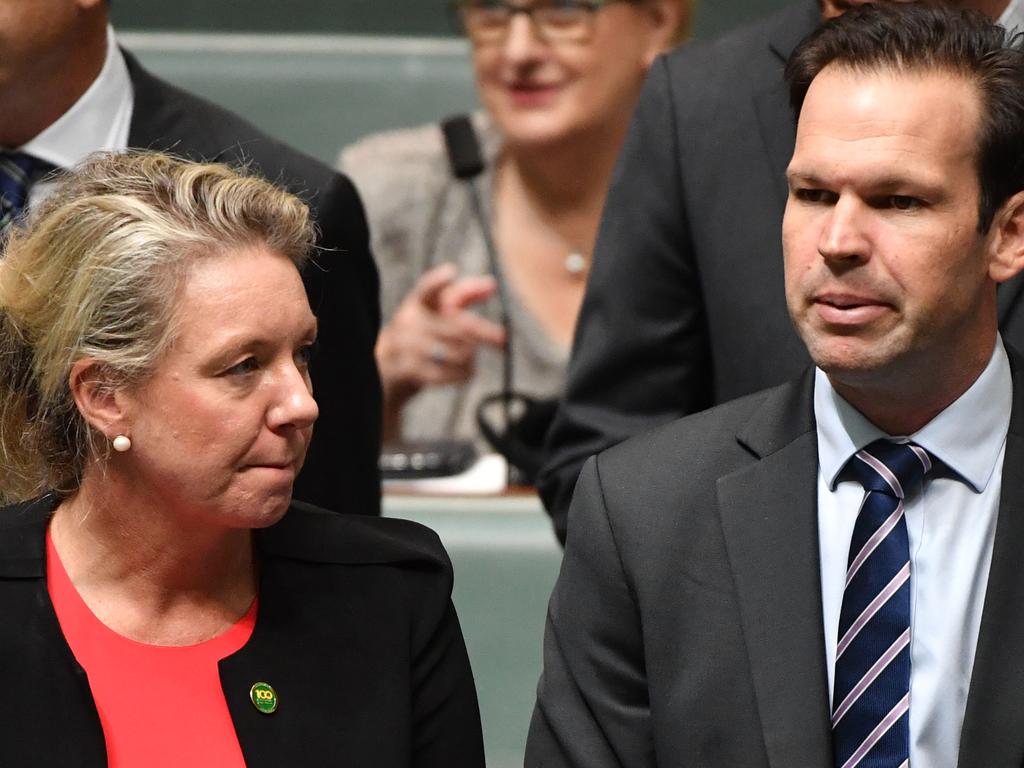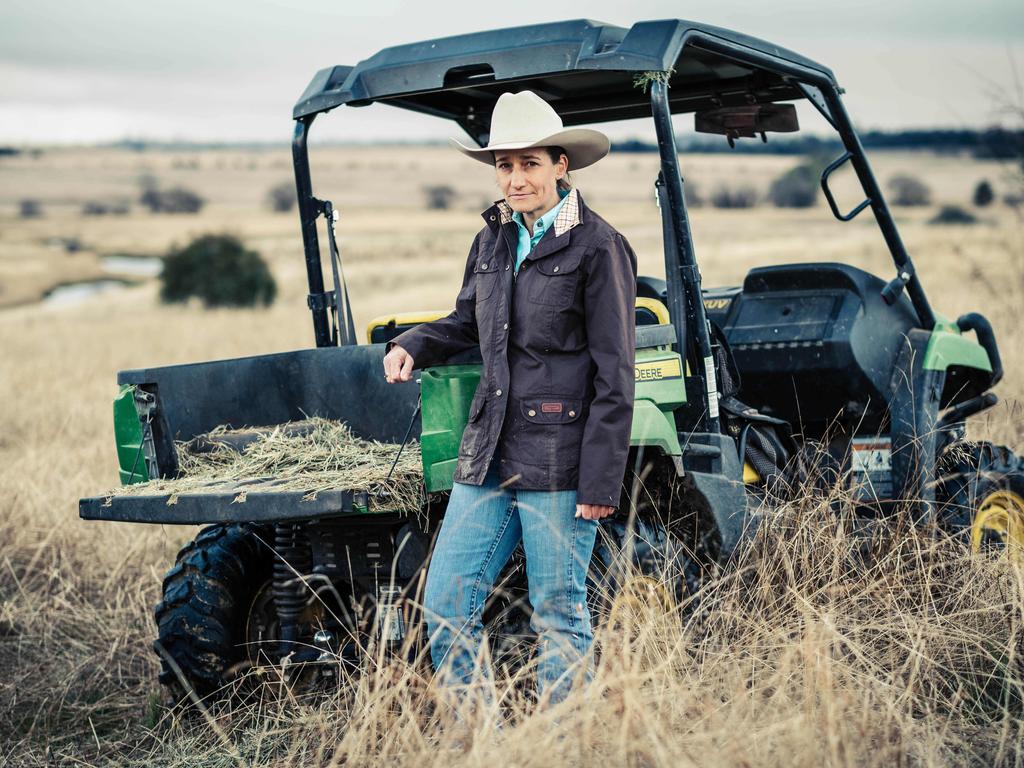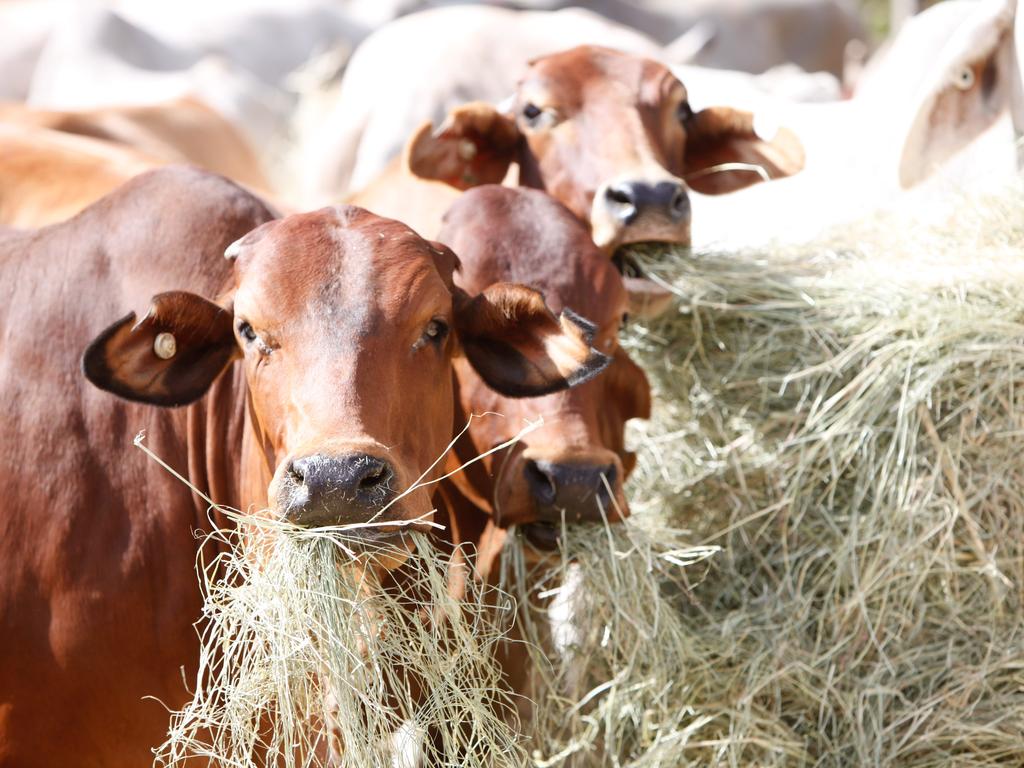PM and Cabinet decides to let Federal Court ruling on live cattle lie
A win for farmers as the government decides not to appeal the Federal Court decision declaring the live cattle export ban illegal.

The Morrison government has put aside fears about weakening ministerial powers and accepted a ruling that the 2011 live export ban was illegal, leaving taxpayers with a bill likely in the hundreds of millions of dollars.
In a move that will be seen as a capitulation to the Nationals, Attorney-General Christian Porter has committed to not appealing against a Federal Court decision that the Gillard government acted in a “capricious and unreasonable” way by halting live exports over animal welfare fears.
That judgment, handed down in June, was a major victory for farmers, who had brought the class action.
Lawyers who have studied the case say judge Steven Rares expanded legal precedent in ways that could invite further costly litigation and make ministers reluctant to act decisively in the public interest in the future.
Mr Porter said on Wednesday legal concerns were “far outweighed by the very real pain and hurt the live cattle ban inflicted”.
Colin Brett, whose family-owned Brett Cattle Company was the lead plaintiff in the Federal Court action, told The Australian the government’s decision was a relief.
“Thank god for that,” he said. “It’s not about the money; it’s the principle our family is fighting for. We don’t want that to happen to anyone in agriculture ever again.”
Scott Morrison has also avoided creating a rift in the Coalition, after the Nationals’ Senate team lobbied him and Mr Porter for weeks to rule out an appeal.
Nationals Senate leader Bridget McKenzie said the decision was a victory for primary producers and her party.
“It was Nationals who took concerned cattlemen’s calls, who flew to Indonesia to repair relationships, and it was the National Party who really held the Coalition’s feet to the fire in 2011 in the face of a massive campaign against exporters,” Ms McKenzie said.
“It’s fantastic that again in 2020 it is the Nationals who are ensuring the Coalition stands with primary producers.”
National Farmers Federation president Fiona Simson said “justice (has) finally been done”. “This case has been ongoing for years, and people were starting to lose hope,” she said. “We said all along this was about good government and good governance.”
Mr Porter, however, said he disagreed with “some of the principles as they have been applied by the court”.
He reserved the government’s right to “press its view … if an appropriate case arises in the future”.
That promise is unlikely to satisfy scholars who accuse Justice Rares of overreach and say his reasoning could be used to challenge all manner of government decisions, from deportation orders to coronavirus movement restrictions.
Melbourne Law School academic Jason Varuhas said he was surprised the government had not challenged the “highly controversial precedent”, a judgment that “has the potential to significantly expand the liability of government across a range of sectors”.
“An appeal would have had a strong chance of success,” Dr Varuhas said. “One must conclude that non-legal concerns lie behind the decision not to appeal.”
The Australian Catholic University’s Greg Craven, a constitutional scholar, described a potential appeal as a “Dirty Harry option … You probably couldn’t get a worse set of facts on which to try and get a commonwealth win.
“But there’s no doubt that it (the judgment) does widen significantly the scope for judicial review (of a decision) on the grounds of unreasonableness and misfeasance,” he said.
NT Cattlemen’s Association chief executive Ashley Manicaros said he believed the Prime Minister had personally intervened.
“We have always maintained the decision not to appeal was the right path after nine long years,” he said.






To join the conversation, please log in. Don't have an account? Register
Join the conversation, you are commenting as Logout